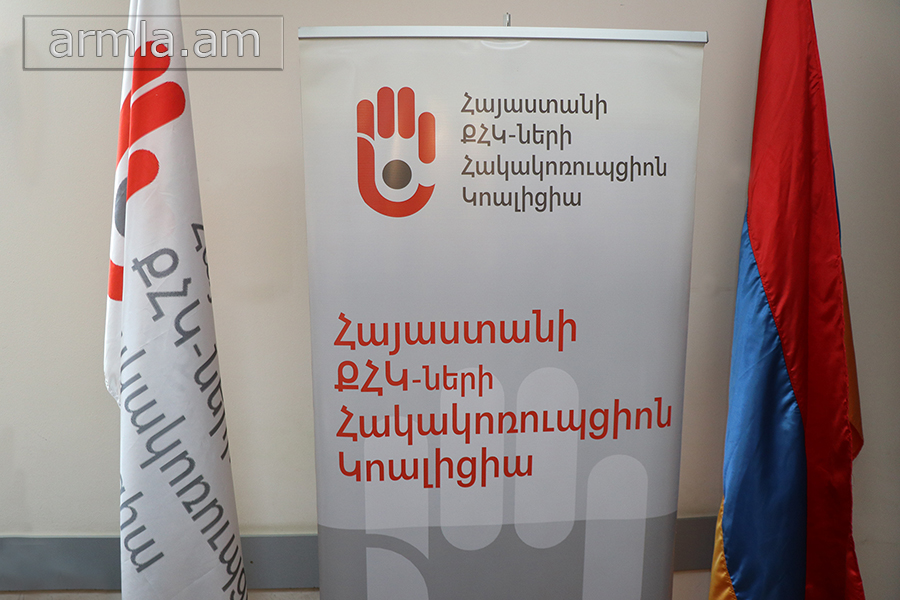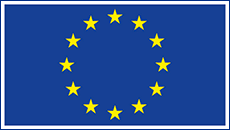
On 31 January, 2023, the 2022 index of Corruption Perception Index (CPI) was published, where Armenia worsened its index by 3 points in 2022 and recorded another setback in the fight against corruption, getting only 42 out of 100 possible points, and ranking 63rd among 180 countries. Armenia shares this result with Romania.
For comparison, let’s note that in 2021, Armenia received 49 points, taking the 58th place among 180 countries. It got the same score in 2020 and took the 60th place.
If we look at neighboring countries, Georgia continues to be in a higher position than Armenia. It ranks 41st with 56 points. Turkey is in the 101st position with 36 points, Iran is in the 147th position with 25 points, and Azerbaijan is in the 157th position with 23 points. Among the countries with high indicators of purity from corruption, Denmark takes the first place with 90 points, while the second place is shared equally by Finland and New Zealand, each of which received 87 points.
Also, let’s remind that the Corruption Perceptions Index ranks 180 states and territories on a scale of 0 (very corrupt) to 100 (very clean) based on the public’s assessment of the level of corruption.
The CSO Anti-Corruption Coalition of Armenia reaffirms its position that despite the certain successes recorded in the anti-corruption fight in recent years and the continuous and highest-level statements of the political authorities of Armenia, which are often accompanied by the presentation of the principle of zero tolerance for corruption, the public perception of corruption in Armenia records a regress. This proves that during the last year, the society did not experience significant reforms in the field of fighting corruption, did not experience efforts to eliminate corruption or reduce its level in its daily life, based on which, we once again claim that the anti-corruption fight in Armenia is carried out purely through open texts and minor procedural changes, presenting them encouragingly as achievements.
The Governing Board of the CSO Anti-Corruption Coalition of Armenia believes that the worsened indicators of the 2022 corruption perception index are due to the following circumstances:
- Anti-corruption institutional systems in Armenia continue to operate without real independence, and their management is carried out by persons who are appointed as a result of political agreements, and not as a result of open and transparent competitions of equal opportunity, as a result of which the anti-corruption institutional system is failing to be staffed with professional, and competitive personnel with integrity values (see, for example: “Who and How failed the Anti-Corruption Institutional System in Armenia?”, “The Election of the Chairman of the Anti-Corruption Committee was ensured through a Veiled Competition”).
- No matter how much the RA authorities present implementations of the recommendations of international specialized organizations, they are veiled in nature (see, for example, the Second Compliance Report published by GRECO on 6 December, 2019 regarding the Fourth Evaluation Round on Armenia, and the Interim Compliance Report regarding the Fourth Evaluation Round on Armenia published on 22 September, 2021.
- The period of validity of the fourth Anti-Corruption Strategy of RA for 2019-2022 has ended and a number of its actions have been implemented in order to have positive quantitative indicators, however, the impact of these actions has not been evaluated at the qualitative level, and they should be considered as formally implemented (see, for example, the Alternative Public Monitoring Report on the Implementation of the RA Anti-Corruption Strategy and its Implementation Action Plan for 2019-2022 and the report on 2021 carried out by the the CSO Anti-Corruption Coalition of Armenia and the Armenian Lawyers’ Association).
- Armenia does not have an Anti-Corruption Policy for 2023. The Ministry of Justice of the Republic of Armenia entrusted the development of the Fifth Anti-Corruption Policy of Armenia to “Transparency International” Anti-Corruption Center. First of all, it is at least strange why the RA Ministry of Justice delegates its direct function to a third party, in the event that the Ministry has an appropriate anti-corruption unit and staff for it. Secondly, the development process is already non-transparent and participatory, the public is not informed about the progress of the development of the fifth anti-corruption strategy and what is the reason of the fact that Armenia still does not have a clear vision of the anti-corruption fight in the form of a separate policy for 2023 and the coming years.
- The political authorities do not take into account the opinions and recommendations of specialized civil society organizations in the fight against corruption.
- In fact, systemic corruption has not yet been eradicated in the country, which has acquired a different form and content based on false law-abiding, as well as patronage, nepotism and other forms of corruption have become widespread among the representatives of the ruling political power involved in various circles of state administration and their affiliates and other manifestations. Providing grants from the state budget to civil society organizations affiliated with the ruling political power and/or its representatives in a non-discretionary, non-accountable and non-competitive manner, in violation of the legislation of the sector, is also a manifestation of systemic corruption.
- The non-transparent, non-accountable and non-competitive way of allocating grants to civil society organizations has permeated the practice of some development partners operating in Armenia, which poses serious risks for the development of civil society.
Thus, the Governing Board of the CSO Anti-Corruption Coalition of Armenia expresses its continuous concern about the veiled anti-corruption fight being carried out in the country and reaffirms its previously expressed position that in order to carry out an effective fight against corruption, it is necessary to have an independent anti-corruption institutional system with all its nodes, which should be managed by persons who have been elected/appointed based on the results of really apolitical, open and transparent competitions, and whose daily work should include active, sincere and constructive cooperation with the public-at-large and its specialized structures, as well as anti-corruption education, uninterrupted implementation of their professional functions aimed at the prevention of corruption and the uninterrupted performance of their professional functions free from political influence.
Governing Board of the CSO Anti-Corruption Coalition of Armenia
Note: The CSO Anti-Corruption Coalition of Armenia is a professional civil society structure, which was founded on 28 November 2014 in Yerevan. The Coalition currently has 50 civil society organizations, and the Secretariat is run by the Armenian Lawyers’ Association.


